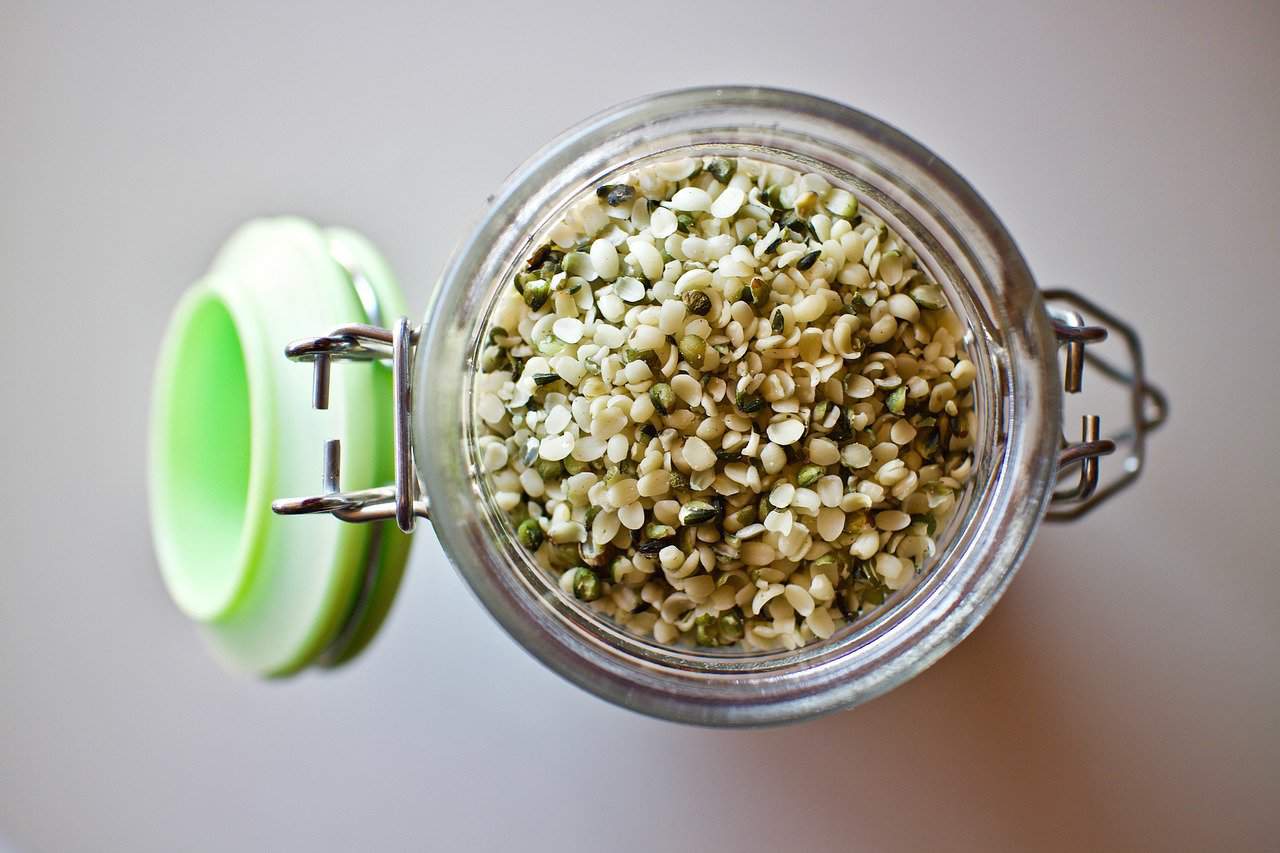The Ministry of Agriculture and Livestock (MAG) has issued 57 licenses for the cultivation and production of hemp derivatives. The first license was granted on November 8, 2022, and the last one on September 3, 2024. These licenses are valid for six years. According to MAG data, most licenses have been issued in San José and Guanacaste.
After the law permitting the cultivation of hemp came into effect in early 2022, the company Ingenio Taboga obtained the first permit. Two public universities, the Universidad Nacional (UNA) and the Tecnológico de Costa Rica (TEC), also applied for licenses to conduct research.
UNA was the first educational institution to obtain such a license in August 2023. From that point on, MAG informed that the university would focus on research, aiming to study the development and properties of hemp components. Among other goals, the research sought to validate techniques to modulate physiological processes in hemp cultivation, based on two varieties from Canada.
“Right now, we are just starting. What is clear is that as state, business, and academic actors collaborate more effectively, we will be able to catalyze the process and move much faster,” said Jorge Herrera, Vice Rector of Research at UNA.
UNA signed an agreement with “Más Verde,” a company dedicated to the development of the hemp industry in Costa Rica. The objective is to create and implement the necessary infrastructure to boost hemp production in Costa Rica. Subsequently, companies from other countries will establish operations in the country (mainly in Guanacaste and the Southern Zone) to process the crop’s yield, operating under the free trade zone model.
Roy Thompson, president of the Hemp and Cannabis Chamber, noted growth in the number of licenses issued but pointed out that the country is still far from reaching the goal set out in the law of 10,000 licenses.
“What I believe is that we have to walk before we run. We need to build testing and processing infrastructure so that various actors and companies can integrate into the system and produce according to standards and requirements,” he said.
Thompson also noted that current hemp production in the country is very low. These small projects, covering two or three hectares, are primarily focused on oil production or CBD extraction for medicinal purposes.






